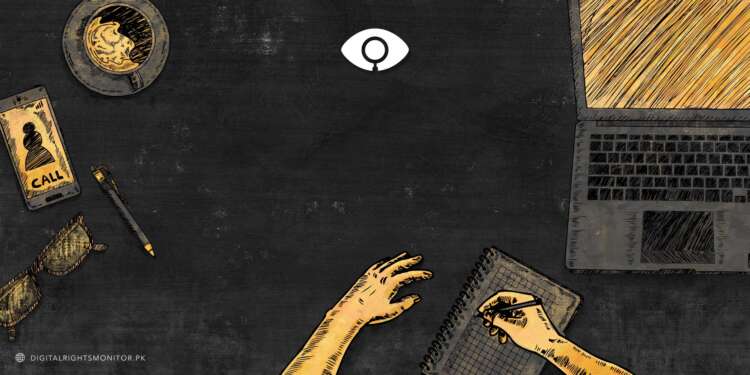From social media companies being sued over “unsupervised” child usage in Brazil to Meta raising objections to new regulatory licensing framework in Malaysia, here’s everything we covered at Digital Rights Monitor (DRM) this week.
Read our weekly news roundup.
EU: LinkedIn fined for data privacy breaches
LinkedIn, a popular employment-based platform owned by Microsoft, has been fined $335 million for breaching data privacy.
The heavy penalty comes in response to what the Irish Data Protection Commission (DPC) has called “a clear and serious violation” of the right to data protection on the part of LinkedIn. An investigation was launched into LinkedIn’s targeted advertising practices after a complaint was lodged against the platform with the French Data Protection Authority.
The probe examined the processing of personal data for targeted and behavioural advertising for LinkedIn users. The DPC’s conclusion of the investigation “concerns the lawfulness, fairness and transparency of this processing”. The platform has been ordered to bring its data processing practices into compliance with the EU’s stringent data protection law — the General Data Protection Regulation (GDPR).
More here
BRAZIL: Social media companies sued over ‘unsupervised’ child usage
Leading tech companies, including Meta and TikTok, have been taken to court in Brazil over allegations that they failed to put in place mechanisms to prevent unsupervised use of their social media platforms by children.
The two lawsuits, filed by Brazilian consumer rights group Collective Defense Institute, demand around $525 million from TikTok, Meta, and Kwai. The safety of children on the internet has become a major concern in Brazil, with millions of minors being able to access social media platforms.
The lawsuits call for the establishment of clear data protection mechanisms and warnings related to potential risks to the mental well-being of underage users due to addictive features of social media platforms. Various studies on the potential harm of unsupervised social media usage — particularly among young people — serves as the basis for these lawsuits.
More here
MALAYSIA: Meta objects to regulatory licensing for social media
Meta Platforms, the owner of Facebook and Instagram, has objected to regulatory licensing for social media platforms mandated by the government in Malaysia.
According to a Meta official, the licensing plan lacks clear guidelines and potentially threatens digital innovation in the country. The new rules require tech companies to apply for a licence from the government by January 1, 2025, or they will face legal action.
Rafael Frankel, Meta’s director of policy for Southeast Asia, has told Reuters that the company has not yet determined whether it will apply for the licence. Social media platforms with over eight million users are obliged to obtain the regulatory licence.
Frankel termed the time window to acquire licences “exceptionally accelerated” and remarked there’s no clarity around obligations for social media companies under the new rules. In addition, Frankel raised concerns about the potential adverse impact of licensing on digital innovation in Malaysia.
More here
US: X ineffective against rise in election misinformation, says report
X’s crowd-sourced fact-checking initiative, called “Community Notes”, is failing to curb the rise in misinformation related to the forthcoming presidential elections in the United States (US), according to a report.
The report was published on Wednesday by Center for Countering Digital Hate (CCDH), which tracks online hate on various social media platforms. It presents an examination of posts accompanied by Community Notes on X.
CCDH found that accurate notes written by X users on misleading and false posts related to the US elections were not displayed on 209 of 283 posts, which had been selected as a sample. This amounts to about 75 per cent of the posts lacking corrections made by users.
“The 209 misleading posts in our sample that did not display available Community Notes to all users have amassed 2.2 billion views,” says CCDH. Misleading posts without Community Notes — despite their availability — propagated various falsehoods. They claimed that the 2020 presidential elections were rigged and the voting systems in the US are unreliable, according to the report.
More here





